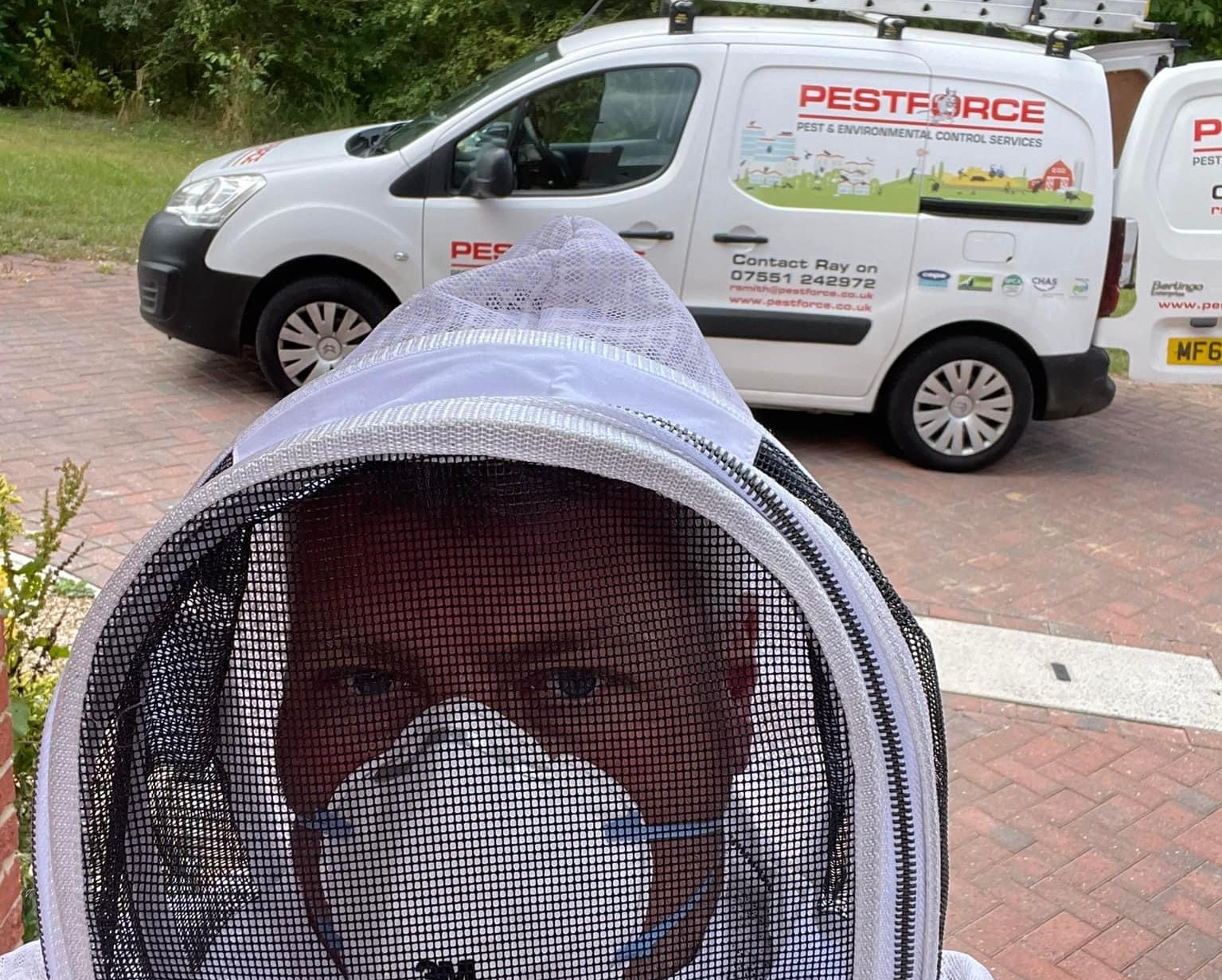How to Get Rid of a Wasp Nest (2025 Guide)
Key Takeaway
The
most effective and safest way to remove a wasp nest in 2025 is to contact a
qualified pest control professional. DIY solutions such as boiling water,
supermarket sprays, or homemade treatments are not only hazardous, but may also
be illegal under UK pesticide regulations if used improperly.
Is It Safe to Remove a Wasp Nest Yourself?
It’s
understandable why homeowners consider removing a wasp nest themselves—quick
fixes feel tempting. But the risks are significant:
- Wasps respond aggressively when threatened, often
stinging in large numbers.
- Allergic reactions to stings can be life-threatening, particularly for
children or the elderly.
- Insecticides can be bought by non-professionals, but if used
inappropriately, you could breach UK law and pose health risks to
others in your home.
Fact:
A typical nest can house up to 5,000 wasps by late summer. Towards the
end of the season, wasps become increasingly aggressive as they seek out sugars
from fruit and human food.
“Wasp
nest removal is not a job for DIY. A trained technician knows how to assess and
treat nests safely, in line with UK laws, and effectively.”
— Natalie Bungay, Pestforce UK
Signs You May Have a Wasp Nest Nearby
Here’s
how to spot a nest early:
- Wasps frequently flying in and out of brickwork
holes, roof tiles, sheds, or air bricks
- Increased activity around bins, compost, or
garden eating areas
- A constant buzzing sound from inside cavity
walls or ceilings
- Visible nests: grey, papery structures found in
lofts, eaves, garages, trees or bushes
(Do not disturb or inspect nests closely.)
Fact:
Wasps chew wood into a pulp to construct their nests, giving them that distinct
grey, paper-like look.
How Professionals Remove Wasp Nests (Step-by-Step)
Pestforce
technicians follow BPCA best practices and are trained and qualified to
use specialist insecticides unavailable to the public.
1. Inspection & Risk Assessment
The
technician identifies the nest location, confirms the species, and evaluates
access and risks to determine the safest approach.
2. Application of Insecticide
- If the nest isn’t accessible (e.g. behind
brickwork), we use a specialist dust insecticide applied to the
nest’s entry point using an extendable lance. Wasps carry the dust inside,
eliminating the colony within 24–48 hours.
- If the nest is visible and accessible, such as in a loft, the
technician will assess and apply the most effective formulation—aerosol,
liquid or dust—depending on safety and access.
You’ll
be advised to stay away from the treatment area until activity has
ceased.
3. Follow-Up and Monitoring
If
wasp activity continues beyond a few days, the technician will assess and, if
required, recommend further treatment.
FAQ
Answered: Will wasps return to a treated nest?
No. Once the queen and colony are dead, the nest becomes inactive and will not
be reused.
Fact:
Wasps never reuse old nests, but a new queen may build in a nearby spot
the following year.
What Happens If You Leave a Nest Untreated?
While
some hope the issue will resolve on its own, an untreated nest can cause:
- Rapid colony growth—up to 10,000 wasps by late
summer
- More aggressive behaviour as the colony declines
and wasps become intoxicated from overripe fruit
- Greater risk of accidental stings, particularly
near doors, patios or bins
- A serious hazard for families, pets, and tradespeople
FAQ
Answered: Will a wasp nest go away on its own?
Technically yes—most die off by winter—but this could mean months of risk
and nuisance.
What’s the Best Time to Remove a Wasp Nest?
Early
morning or evening is typically safest, as wasps are less active.
However, trained professionals can treat nests safely at any time of day,
using the correct tools and precautions.
Costs of Professional Wasp Nest Removal in 2025
|
Service |
Typical Price Range |
|
Standard Nest Treatment |
£80 – £165 |
- Prices vary within Pestforce
- No hidden charges
- Fixed prices agreed before any work begins
- Payment accepted by card or online transfer
Why Choose a BPCA-Approved Pest Controller?
- All Pestforce technicians are DBS-checked, insured, and
local
- Professionally trained and CPD-registered via the BPCA
- Access to specialist, regulated insecticides
- Over 25,000 verified five-star reviews nationwide
- Rapid response from a network of local experts
- Comprehensive public liability insurance
Fact:
Only certified professionals are legally allowed to use certain powerful
insecticides for wasp control in the UK.
Book Your Local Pestforce Wasp Control Expert
To
schedule an inspection or get a quote:
- 📞 Call: 0333 567 0577
- Or please use our find technician tool / contact form near the bottom of this page.
Frequently Asked Questions
How many wasps live in a typical nest?
Anywhere
from 5,000 to 10,000 by peak season in late summer.
What’s the purpose of a wasp?
Though
feared, wasps are beneficial: they pollinate plants and hunt small pests
such as aphids and flies.
Can I prevent wasps nesting next year?
Prevention
is difficult, but early detection and treatment can help avoid nests
establishing again in the same area.
Should I destroy an old, empty nest?
Not necessary, as it won’t be reused—but if it’s in a problematic location, removal may be sensible.
11/07/2025
Written By Natalie Bungay, Pestforce Technical Director
Former Technical and Compliance Manager at BPCA






